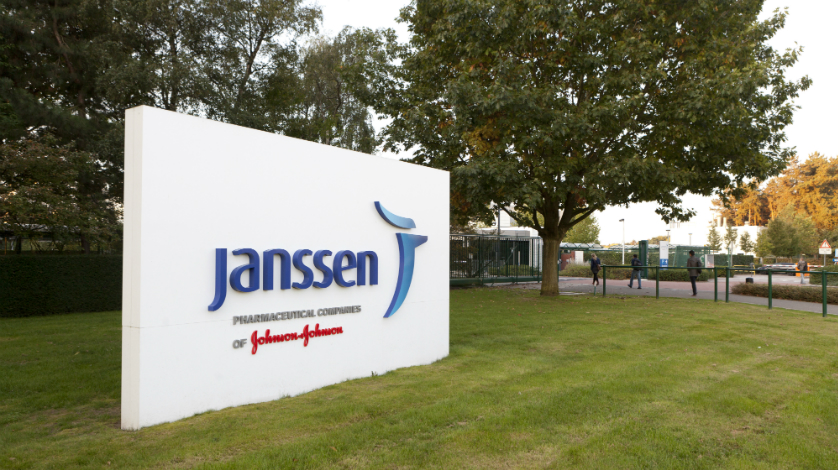J&J builds in CAR-T with $245m Cellular Biomedicine deal

Johnson & Johnson’s appetite for building a new generation of CAR-T therapies for cancer shows no sign of being sated – its Janssen Biotech unit has just paid $245 million upfront to license candidates for B-cell malignancies from Cellular Biomedicine.
The agreement covers a pair of the Chinese biotech’s CD20-directed CAR-Ts with the potential to treat various forms of non-Hodgkin’s lymphoma – including diffuse large B-cell lymphoma (DLBCL) – which are both in early-stage clinical development.
It comes just a few months after J&J pulled out of another CAR-T alliance with Fate Therapeutics, first signed in 2020, which included a $100 million upfront commitment and had a headline value of up to $3 billion and covered CAR-T and CAR-NK therapies.
J&J’s only approved CAR-T to date is Carvykti (ciltacabtagene autoleucel), a BCMA-directed therapy for multiple myeloma, which is partnered with Legend Biotech, another Chinese developer.
With the Cellular Biomedicine candidates, the big pharma will start to muscle in on territory in NHL already being pioneered by early CAR-T developers Gilead Sciences and Novartis with Yescarta (axicabtagene ciloleucel) and Kymriah (tisagenlecleucel), respectively, as well as more recent entrant Breyanzi (lisocabtagene maraleucel) from Bristol-Myers Squibb.
The two licensed candidates are C-CAR066, an anti-CD20 CAR-T, and bispecific therapy C-CAR039, which targets both CD20 and CD19. The bispecific is in a phase 1b study in the US in patients with relapsed/refractory DLBCL, while a similar study of C-CAR066 is due to get underway before the end of the year.
C-CAR039 already has regenerative medicine advanced therapy and fast-track designations from the FDA, according to Shanghai-based Cellular Biomedicine. The company’s CAR-Ts use a lentiviral vector to modify T cells and a “second-generation” CAR design that aims to improve on the efficacy and safety of the first wave of CAR-T therapies.
The total potential value of the licensing deal hasn’t been disclosed, but for its upfront fee, Janssen is getting worldwide license to the two CAR-Ts, with the exception of Greater China. The pharma company does however have an option on commercialisation rights in Greater China, assuming the therapies reach the approval stage.
A recent leak of clinical data for Carvykti suggests that J&J’s first foray into the CAR-T category could be a big success, with J&J suggesting sales of the therapy could eventually peak at around $5 billion. It made $72 million from the CAR-T in the first quarter of this year.












